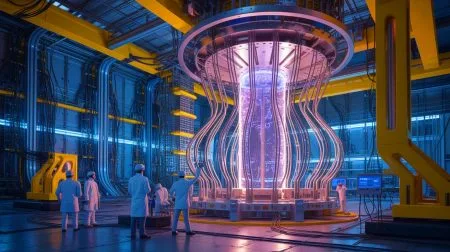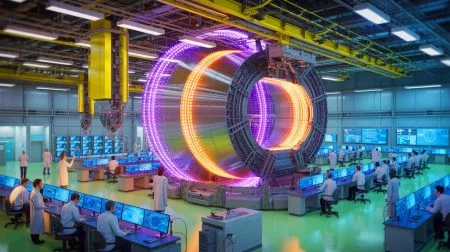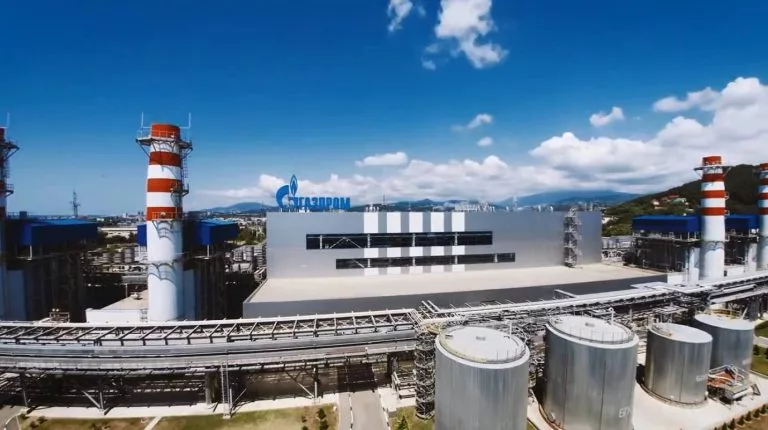A European Union legal team has rejected a European Commission proposal to extend the EU internal energy market rules to regulate the Russian Nord Stream 2 gas pipeline to Germany.
The commission wants to stifle Russia’s plan to double the gas it can transport under the Baltic Sea to Germany, bypassing war-torn Ukraine.
But Germany remains enthusiastic about the pipeline from Russia, which was a “purely commercial project”, said Steffen Seibert, Chancellor Angela Merkel’s spokesman.
It was “in the interest of Germany and Europe that Ukraine continues to play a role as a transit country for Russian gas”, the spokesman told the Berlin media.
The commission fears the pipeline will undermine efforts to reduce dependence on Russia, by developing alternative sources like Azerbaijan, and its support for the embattled Ukrainian government.
Ukraine and EU states have built infrastructure to share Russian gas exported to Europe via Germany and Poland, making it harder for Russia to exert pressure on Kiev.
The legal opinion from the European Council, where member states meet, said applying EU rules to offshore pipelines may breach United Nations maritime law.
The commission proposed the changes last year to its gas directive to block all import pipelines’ ownership by gas suppliers, prevent non-discriminatory tariffs and make produce available to third parties.
The Nord Stream 2 pipeline, fully owned by Russian gas giant Gazprom, would breach the proposed third energy package rules.
The European Council said the commission’s proposal “lacks any reasoning on the regulatory power of the union over offshore pipelines” crossing a member state’s exclusive economic zone (EEZ).
“The union does not have jurisdiction to apply energy law … which is unrelated to the economic exploitation of the EEZ, to pipelines crossing the EEZ of member states,” the legal team reported.
The UN Convention on the Law of the Sea would be breached, as it was interpreted by the European Court of Justice, it said.
The commission’s attempts to regulate Nord Stream 2, including by seeking a mandate from member states to negotiate directly with the Kremlin, challenges some of the bloc’s more powerful members, who host firms which have invested in the pipeline.
Five European energy giants are financing the 1,225km pipeline to carry 55 billion cubic metres of gas per year: Germany’s Uniper and Wintershall, Anglo-Dutch Shell, Austrian major OMV and French firm Engie.
Nord Stream 2 is one of Gazprom’s major projects. Picture credit: YouTube
Did you like it? 4.4/5 (21)







